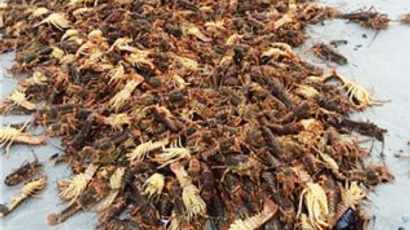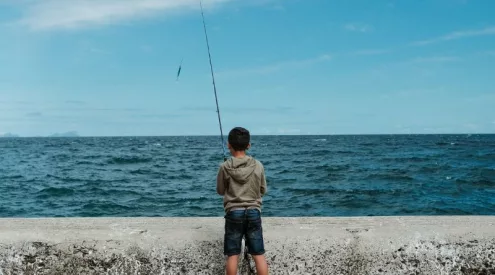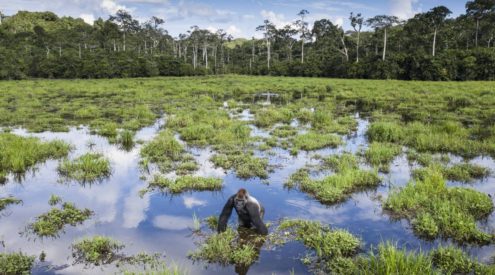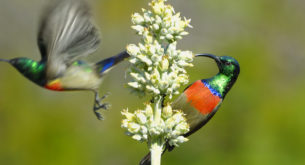The algal bloom, or red tide as its more commonly known, left a large number of marine life stranded at Elands Bay has seemingly passed this area and moved along. There have been no new reports of any West Coast rock lobster being washed ashore since the incident initially took place on January 15.

Marine life killed by the red tide
The natural flow of the red tied into the southern region of St Helena Bay means it is unlikely that there will be any further loss of West Coast rock lobster life.
‘Due to the smaller population of rock lobster in the south, there’s less likely to be more stranding of rock lobster. However, mortalities of other marine species are possible.’ said Environmental Affairs spokesperson Zolile Nqayi.
Despite the lack of marine life being washed ashore by the red tied, the public has been urged not to consume any decaying fish and shellfish they might come across, as some of the algal species are harmful because they contain toxins, which are poisonous to humans.
Poisoning through the consumption of contaminated marine life may either take place through the consumption of seafood that is contaminated by toxic algae, or by toxic aerosols or water-bound compounds that cause respiratory and skin irritation.
According to the Department of Environment, Forestry, and Fisheries, ‘Red Tides occurrences can therefore have major environmental, as well as societal implications, with knock-on effects on coastal economies. Fisheries and Aquaculture industries suffer from the episodic mortalities of stocks caused by Red Tides, while poor water quality and foul smells associated with these occurrences affect coastal tourism.’
Picture: Twitter/@StrayATW

















